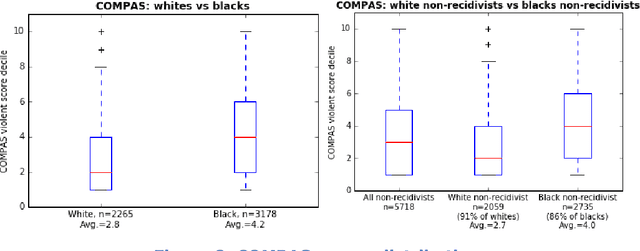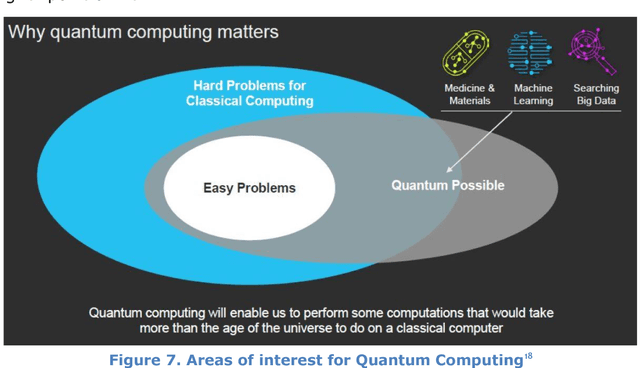Ramón López de Mántaras
Assessing the impact of machine intelligence on human behaviour: an interdisciplinary endeavour
Jun 07, 2018


Abstract:This document contains the outcome of the first Human behaviour and machine intelligence (HUMAINT) workshop that took place 5-6 March 2018 in Barcelona, Spain. The workshop was organized in the context of a new research programme at the Centre for Advanced Studies, Joint Research Centre of the European Commission, which focuses on studying the potential impact of artificial intelligence on human behaviour. The workshop gathered an interdisciplinary group of experts to establish the state of the art research in the field and a list of future research challenges to be addressed on the topic of human and machine intelligence, algorithm's potential impact on human cognitive capabilities and decision making, and evaluation and regulation needs. The document is made of short position statements and identification of challenges provided by each expert, and incorporates the result of the discussions carried out during the workshop. In the conclusion section, we provide a list of emerging research topics and strategies to be addressed in the near future.
Sensory Anticipation of Optical Flow in Mobile Robotics
Oct 03, 2012



Abstract:In order to anticipate dangerous events, like a collision, an agent needs to make long-term predictions. However, those are challenging due to uncertainties in internal and external variables and environment dynamics. A sensorimotor model is acquired online by the mobile robot using a state-of-the-art method that learns the optical flow distribution in images, both in space and time. The learnt model is used to anticipate the optical flow up to a given time horizon and to predict an imminent collision by using reinforcement learning. We demonstrate that multi-modal predictions reduce to simpler distributions once actions are taken into account.
 Add to Chrome
Add to Chrome Add to Firefox
Add to Firefox Add to Edge
Add to Edge